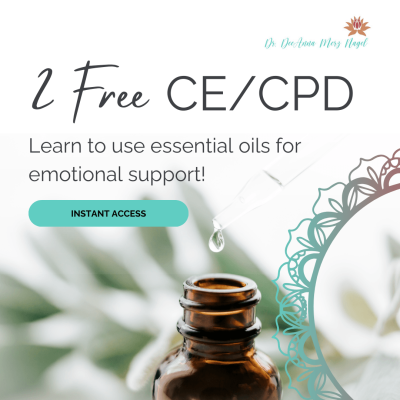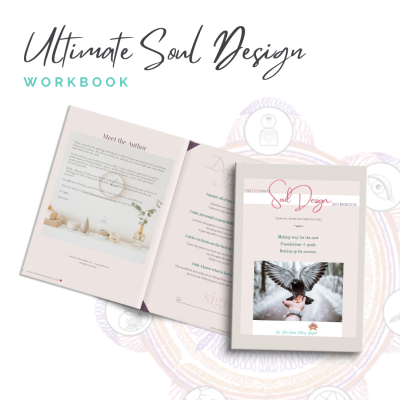
How does one decide how to choose a therapist or a coach? My own experience as a client is what motivated me to become a psychotherapist. I was in my 20’s and desperately seeking answers. And I got those answers over the course of several years. With guidance I peeled back the layers until I found my center. My therapists helped shape who I have become and I was able to join the ranks of other wounded healers who use their painful experiences to transcend and be of service to others. This is why I think walking the talk is important when choosing a therapist or coach.
Guides need guidance
I am a firm believer that in order guide others we must also be guided. If we don’t do our own work we will only be able to guide to a point until we hit a wall. In therapy this is often referred to as a therapeutic impasse. Mostly we think it is the client who is stuck and not willing to move further along the path of personal growth. My individual experience as well as the collective experience of clinical supervision I have conducted over the years, has been that the impasse is also where the therapist has stopped on their own personal journey. The impasse becomes a mirror for the therapist.
This same concept applies to other healing arts as well. For example, how far a wellness coach is able to collaboratively guide a client through the process of embracing a wellness lifestyle likely depends on how far down that road the wellness coach has traveled. If the wellness coach has not addressed personal concerns related to health and wellness, the experience will result in a bad situation for the coach, the client or both. I read an excellent article that talked about this. In the article, the author discusses how she was all-consumed with health and wellness, yet it took her years to recognize her own issues related to food. I take her point that becoming obsessed with health, wellness, food and adhering to a specific food plan can be dysfunctional in its own right. If disordered eating or an eating disorder is already in the mix, going on a diet can pack a wallop. The author explained she resolved her food issues by becoming intuitive with her food and her body. She points out that before we change up the foods we eat because we are having certain physical symptoms or weight management issues, perhaps we should pay attention not just to what we eat but how we eat and why we eat.
What is a wellness lifestyle?
This is much of the stuff I talk about in my Intuitive Wellness Coach Practitioner course. A wellness lifestyle is more than just the food we eat, the supplements we take, the exercise we engage in- it is about intuition, spirituality, community and much more. If we focus too hard on one area, another area will surely be neglected. My Essential Wellness Wheel covers 10 areas of a wellness lifestyle. I placed essential oils in the center- not because essential oils are THE area to focus on but because I have found that for me, essential oils support my goals in all other areas of the wheel. Someone else may place spirituality or food for the body in the center. The point is, wellness embodies all areas of living.
Granted, if you read my blog you know I talk about my stealth eating habits. For me though, this cuts across many areas of the wellness wheel. I have to be careful with exercise, food, even simple movement. I came to my current food plan through intuitive eating to discover when my body thrives and when it does not. I am on an anti-inflammatory diet that is specific to me and the food I eat is highly individualized. I encourage others to find the foods and exercises and activities that fuel their mind, body and spirit. That’s what it is about after all, not so much the size of one’s waistline.
Intuition | Moderation | Intention | Mindfulness
Wellness is all the rage right now and it is a booming industry but that industry is also receiving flack because what wellness means to one person may be very different to the next. From my point of view, a wellness lifestyle includes intuition, moderation, intention and mindfulness. That is how balance is created and maintained. If you are thinking about hiring a therapist or wellness coach or taking a course from a wellness coach, be sure their language speaks to these key factors. If so, you are likely in good hands. Oh, and be sure to ask about their own journey. Don’t expect them to spill their story but a guide worth his or her salt should certainly be willing to state that they have been guided as well.





